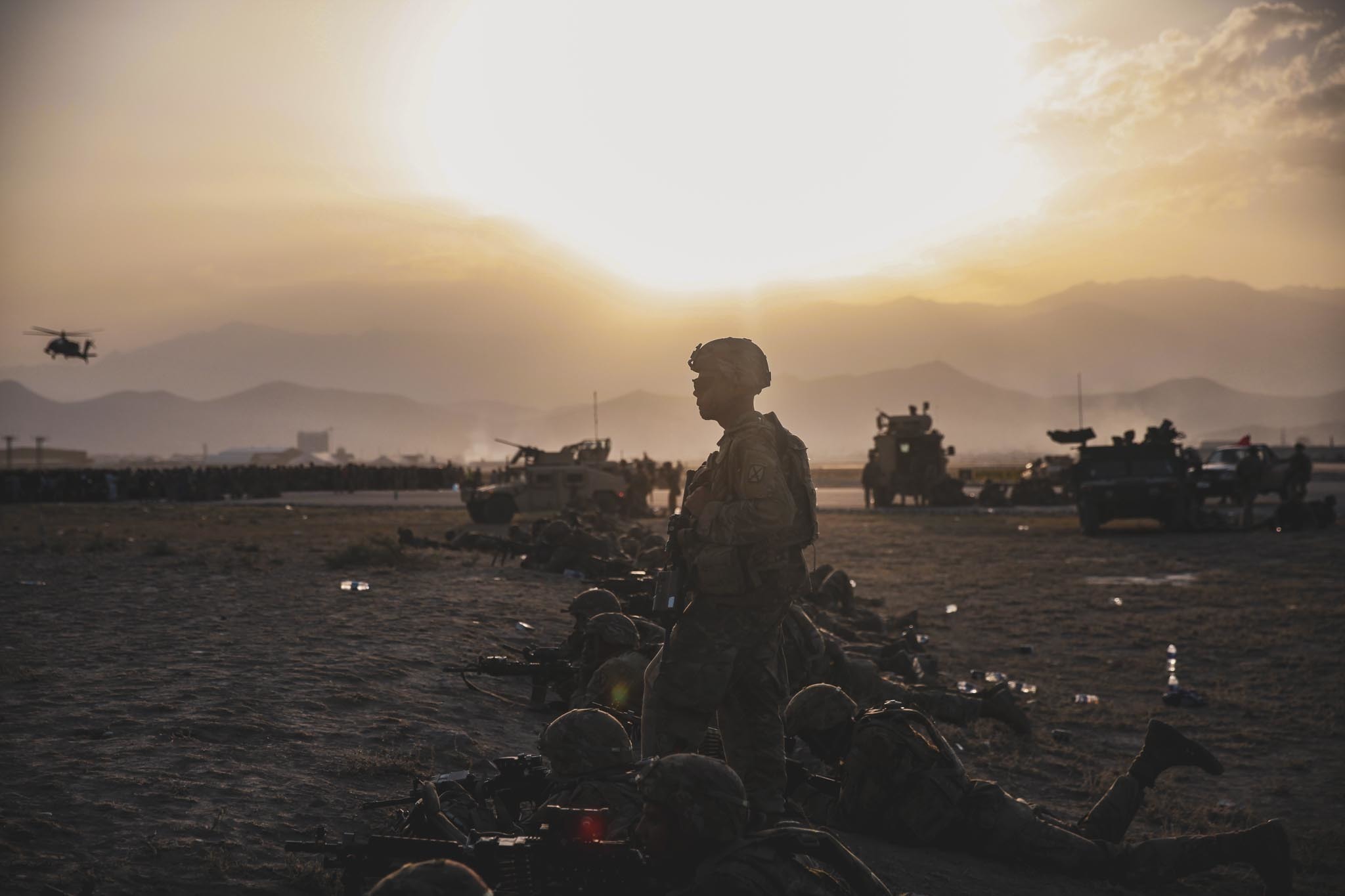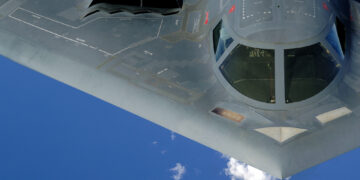October 26, 2023
As Israel and Hamas Fight, U.S. Bases in Iraq and Syria Continue To Be Liabilities

As the war between Israel and Hamas rages and hundreds of thousands of Israeli troops wait for the ground stage of the campaign, U.S. officials are doing everything they can to ensure the fighting doesn’t spread outside of the Gaza Strip. It’s a tall order, made even taller by a bulky U.S. presence in the region that has grown bulkier with the deployment of two carrier strike groups, A-10 attack planes, and more troops with standby orders.
The first three weeks of the conflict have devastated communities on both sides of the Israel-Gaza border. In Israel, families continue to grieve after the worst terrorist attack in the nation’s history killed more than 1,400 people. Palestinian civilians in Gaza are caught between a heavy Israeli air campaign, Hamas obstructionism, and limited escape options. More than 6,500 Palestinians have been killed so far, with more than 700 killed in one day alone. Doctors in the enclave have been forced to treat patients on the floor. The U.N. warns that fuel will soon run out, which will impact everything from hospital operations to water taps. The Biden administration understands Gaza is in an extreme humanitarian emergency yet is also cognizant that Israel has a legitimate right to defend itself and eradicate a terrorist group, Hamas, that wants Israel destroyed.
The last thing President Joe Biden wants is for the violence to snowball into a regional conflict. The U.S. has combined deterrence with dialogue to dissuade other actors in the region, like Iran and its proxy network, to think twice about joining the war. The displays of U.S. military force in the Eastern Mediterranean have been followed by backchannel messages to the Iranians: The U.S. has no intention of escalating and would like Iran to stay out of the fray. The U.S. had a similar message to Hezbollah, Iran’s most capable proxy force in the region, utilizing contacts in the Lebanese government to get the point across. Biden also used a television interview with 60 Minutes to spell it out for them: “Don’t. Don’t, don’t, don’t.”
This is easier said than done. Israeli troops and Hezbollah fighters have been clashing for weeks along the Israel-Lebanon border, and while the strikes have been nothing like the month-long war in 2006 that flattened southern Beirut, there have still been fatalities on both sides. Secretary of State Antony Blinken and Defense Secretary Lloyd Austin recognize that further escalation is a very real possibility. “We don’t want to see a second or third front develop,” Blinken said on Oct. 22. “We don’t want to see our forces or our personnel come under fire. But if that happens, we’re ready for it.”
More on Middle East

By Jennifer Kavanagh and Dan Caldwell
June 28, 2025

By Rosemary Kelanic and Jennifer Kavanagh
June 25, 2025

Featuring Rosemary Kelanic
June 25, 2025
Events on Israel-Hamas






